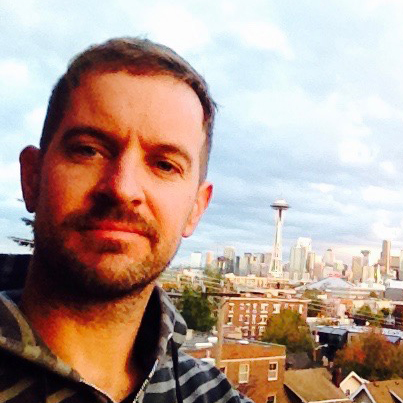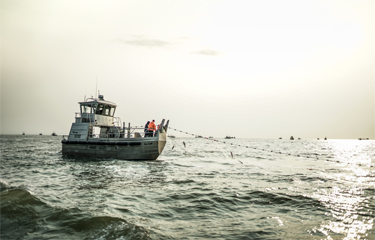Bristol Bay, Alaska was in the midst of a record-setting run as landings continued this week.
Earlier in the week, the fishery broke the all-time record of 62.9 million sockeye set in 2018, and the Alaska Department of Fish and Game reported that 63.7 million sockeye had run up the rivers as of Thursday, 22 July. Bristol Bay, home to world’s largest sockeye salmon run, has seen historically large runs for the past eight seasons while other salmon runs around Alaska have declined.
According to figures provided by the Bristol Bay Regional Development Association, the fleet had caught 39,045,773 sockeye salmon through Wednesday, 21 July. While catch charts showed the peak of the season had passed, fishermen still caught 378,000 fish on Wednesday.
The huge run coincides with a strong sockeye salmon market. Peter Pan Seafoods announced a preseason ex-vessel of USD 1.10 (EUR 0.93), well over last season’s price of USD 0.75 (EUR 0.64). Last week, OBI Seafoods raised the base price to USD 1.25 (EUR 1.06), a price that Peter Pan later matched. Other major processors like Trident Seafoods and Silver Bay Seafoods will be expected to at least match the USD 1.25 base price.
Peter Pan made the move “after gauging the strength of the run and the market,” the company said in a press release.
“We felt it was only responsible to push the base price up to USD 1.25, once again demonstrating our commitment and our partnership with the harvesters,” Peter Pan Vice President of Operations Jon Hickman said.
Peter Pan is also now offering a late season incentive of USD 0.10 (EUR 0.08) for harvesters to stay in the water and keep fishing. This is only for fish harvested after 18 July. Peter Pan was the first out of the gate this season to announce its initial base price early in the season “to put fishermen at ease that they would receive a fair price and to help them plan their finances for the year,” the company said.
Elsewhere in Alaska, as of Wednesday, 21 July, Alaska’s Kenai River closed to all king salmon fishing, which means a shutdown for commercial setnet fishing for all species on Cook Inlet’s east side.
To prevent fishermen from relocating to open areas in search of kings, the Alaska Department of Fish and Game also closed king salmon fishing in the Kasilof River and the Cook Inlet saltwater from Bluff Point north, according to KDLL.
The Cordova Times reported that Bristol Bay processors donated 25,000 pounds of king salmon to communities along the Yukon River, where fishing was shut down because of poor salmon runs.
On the environmental front, activists and fishermen in Bristol Bay took advantage of the record run there to call for permanent protections for the fishery against the proposed Pebble Mine, an open pit gold and copper mine at the headwaters of some of the Bay’s salmon streams.
“This season’s record-breaking salmon run is a reminder of what’s at stake, and what we could lose if we don’t protect Bristol Bay from the proposed Pebble Mine. As Bristol Bay’s thousands of commercial fishermen wrap up this historic season, we are looking to President Biden and the EPA to finish the job the Obama/Biden administration started, and establish Clean Water Act protections for Bristol Bay so that we and future generations can continue to participate in this incredible wild salmon fishery,” said Katherine Carscallen, the director of Commercial Fishermen for Bristol Bay.
Alannah Hurley, the executive director of the United Tribes of Bristol Bay, echoed Carscallen’s call for the EPA to take definitive action.
"For thousands of years, the people of Bristol Bay have welcomed salmon back to Bristol Bay's waters each summer, and this year's record-breaking return is the result of this careful stewardship. Our lands and waters must be protected so future generations can continue our way of life and Bristol Bay can remain the salmon stronghold for the planet. Today's news highlights the urgent need for the Environmental Protection Agency to enact 404(c) protections to permanently remove the looming threat of large-scale hard rock mines like Pebble. While we celebrate the record-breaking salmon returns, our fishery remains in grave danger until the Biden Administration finishes the job to permanently protect Bristol Bay,” Hurley said.
Photo courtesy of ASMI/Bri Dwyer







